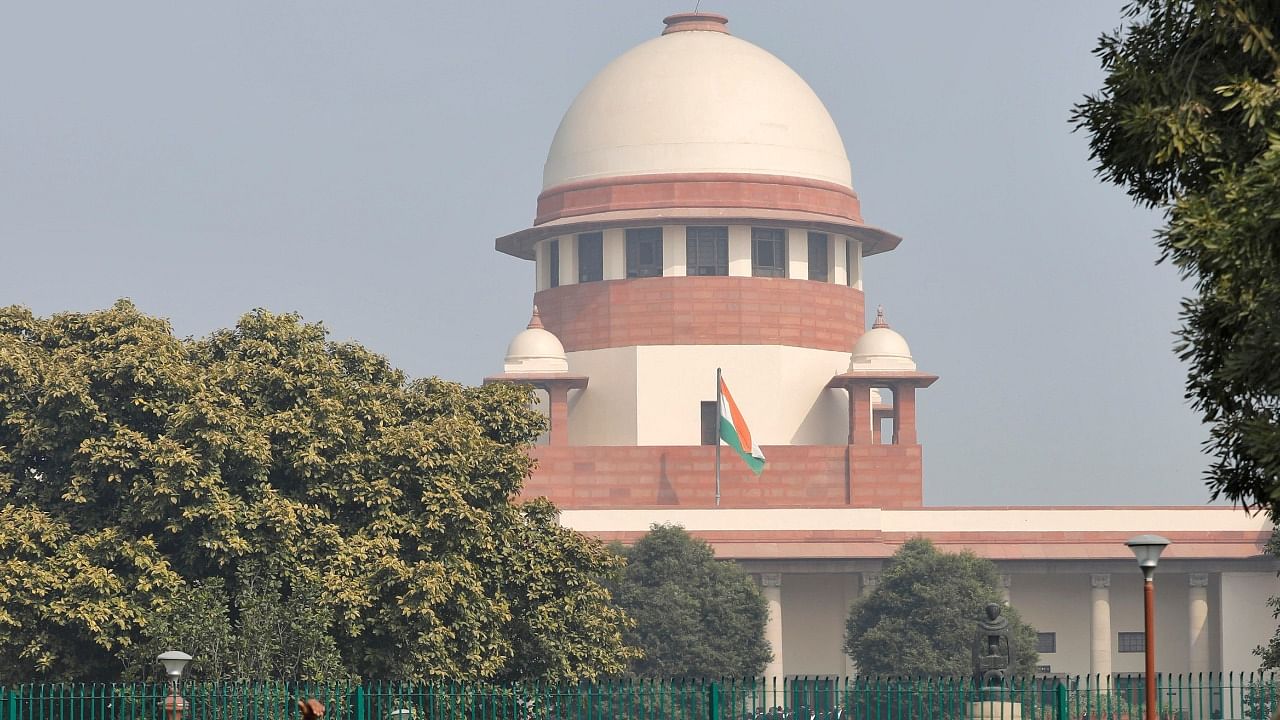
The Supreme Court on Monday said that the 50 per cent ceiling for reservation, fixed by the nine-judge bench in 1992 in Mandal Commission case, is applicable only to the SC/ST and OBC categories while the 10 per cent EWS quota was over and above the limit.
Justice Dinesh Maheshwari, along with Justice Bela M Trivedi and J B Pardiwala upheld validity of the 103rd Constituional Amendment Act, 2019.
Chief Justice U U Lalit and Justice S Ravindra Bhat, however, held the amendments by creating a different kind of criteria, becomes a gateway for further infractions which in fact would result in compartmentalization. In this regard, the observations of Ambedkar have to be kept in mind that the reservations are to be seen temporary and exceptional or else they would “eat up the rule of equality", he wrote on behalf of himself and the CJI.
Justice Bhat also sounded cautionary note as 69 per cent reservation in Tamil Nadu was pending adjudication and the majority view may seal its fate without hearing the parties concerned.
In his judgement, Justice Maheshwari said the ceiling limit itself is not inflexible and in any case, and it applies only to the reservations envisaged by Articles 15(4), 15(5) and 16(4) of the Constitution.
This ceiling limit, though held attached to the constitutional requirements, has not been held to be inflexible and inviolable for all times to come.
“Prescription of ceiling limit of 50 per cent, being apparently for the benefit of general merit candidates, does not provide any justified cause to the candidates standing in the bracket of already available reservation to raise any grievance about extra 10 per cent reservation for the benefit of another section of society in need of affirmative action," he said.
“In any case, there is no question of violation of any such basic feature of the Constitution that the entire structure of equality of opportunity in Article 16 would collapse by this EWS reservation”, he added.
Justice Maheshwari further wrote the 50 per cent ceiling proposition would obviously be applied only to those reservations which were in place before the amendment in question.
"No decision of this court could be read to mean that even if the Parliament finds the necessity of another affirmative action by the State in the form of reservation for a section or class in need, it could never be provided," he said.
